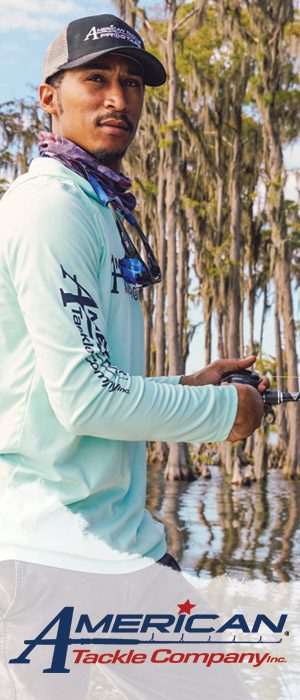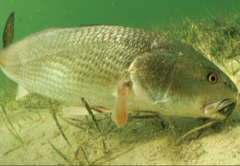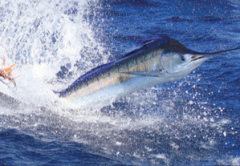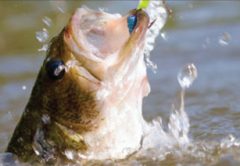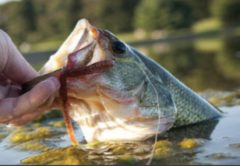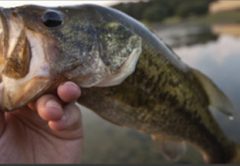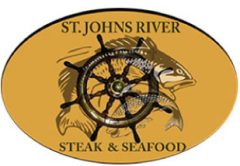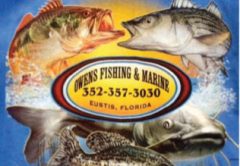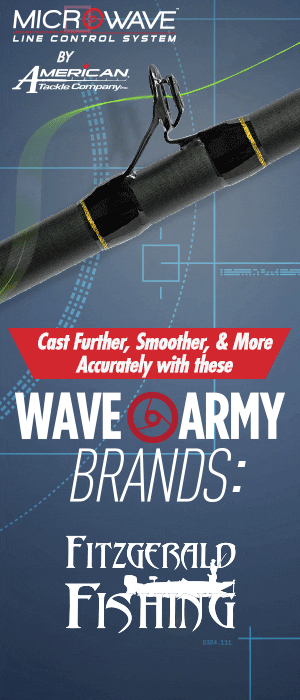With fingers crossed we will have a banner May in the Atlantic. Shake off those brown lagoon blues and bend some rods. Nearshore waters should be teaming with hungry predators ready to crush baits or lures. May, will typically see the yearly push of giant beach tarpon start off. The yearly migration of these amazing gamefish is signaled by sharp rise in temperature for both the air and water. Persistent South East winds and a lack of cold fronts will usher in water temp around 78-82 degrees or higher that the large beach Tarpon feel most comfortable in. These “pushes” of fish will only increase as the summer clocks in, so this is a fishery that you’ll have some time to get into. Large plugs, live pogies, and large live mullet will get inhaled by the 80-150lb fish. Find the tarpon by locating schools of Menhaden (pogies) or rolling fish. Slowly get within range and get offerings in front of your targets. Slow trolling live baits around bait pods with tarpon in the area will not only allow you to hook said tarpon, but also get you a mixed bag of everything that swims and eats fish in our ocean. Great fun fishing! Be sure to always keep an eye out for cobia and tripletail, both can pop up without notice at any time. Cobia have a habit of siting right in or on top of bait dense bait pods so be sure to drop a cast or to around any and all nice sized pods.
Launching a kayak off the beach can be tricky and it’s something I feel you should try without your expensive gear on board for a few times first. A few other safety items that one should always have covered when hitting the ocean in a kayak are a VHF Radio, Wearable Life Jacket (actually worn), flag, and the simplest but most effective lifesaving one of all. File a Float Plan! I float plan is common to power boaters, but often overlooked by kayakers. It’s a simple where, when, how long, and with whom voicing of your planned trip with someone off the water. It can be general in place and time of departure/return, but should always be updated for any major shift in schedule. No you don’t need to file official paperwork at the local Coast Guard office. It can be as simple as a quick call or text to a friend or loved one just to let them know where you are going to launch and what time you should return. This gives you a shot at being found even if you’ve become incapacitated. In emergencies time can be a matter of life or death and having information for searchers is paramount to a positive outcome. Another tip to add is going with a buddy – Not only can they help if you have an issue, but they can also help to slow you when that 145lb. beast of a tarpon you hooked heads east with your yak in tow.
Local Lines Charters and Capt. Alex can be reached by calling (321) 480-3255, or visit www.locallinescharters.com.

